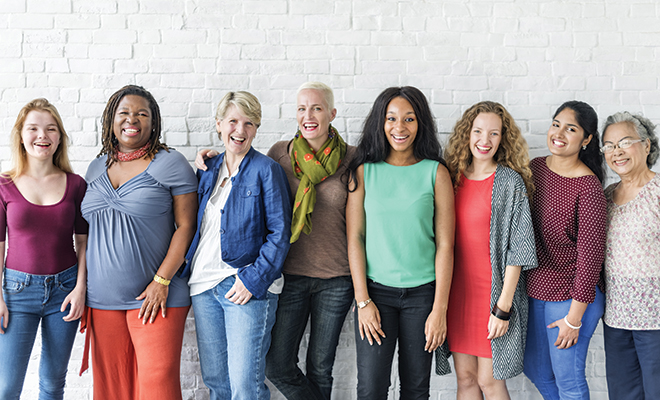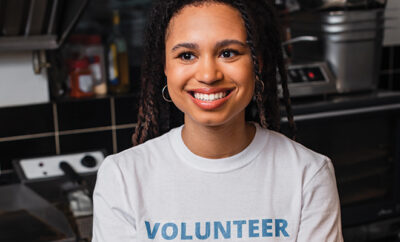
Women Help Each Other Gain Clarity
At one point or another in life, many of us find ourselves at a crossroads; our brain is telling us to go in one direction while our heart is demanding we go another. Also, as human beings, we all experience moments in life when we’re faced with difficult decisions that leave us either wishing we could cease “adulting” or be able to outsource our problem-solving needs a third party.
During those trying times, there’s no doubt we would all prefer to have a select group of mentors who can take our hand, talk us through our internal disputes and make the path to the right decision as clear as a bell. In a sense, we secretly yearn for our own private tour guides who can decisively show us the way, whether it’s making a career change or stepping away from a toxic relationship. In truth, those wise advisors do exist and have since the 1600s, when members of a historically Christian group called Quakers, or the Religious Society of Friends, developed a simple yet powerful concept for helping others overcome personal issues called the Clearness Committee.
History of Commitment to Women’s Rights
Many Quakers believe that they are meant to follow four primary tenets: simplicity, truth, equality and community. Their dedication and commitment to equality and community issues have led many inspired Quakers to become social activists. The women’s rights movement was rooted in the fertile ground of central New York, and Quaker women were at the forefront of the campaign to share their views on female empowerment. Moreover, they did so in a way that was considered progressive for their time.
One of the more notable Quaker women from U.S. history is Susan B. Anthony; many remember her as the face on the one-dollar coin. Susan B. Anthony was an American social reformer and women’s rights activist who played a pivotal role in the women’s suffrage movement. Born into a Quaker family committed to social equality, she collected anti-slavery petitions at the age of 17. In 1856, she became the New York state agent for the American Anti-Slavery Society. In a nutshell, Quaker women were feminists and advocates for the role of women in America far ahead of their time.
The Rise of the Concept
The tradition of Quaker involvement in women’s rights continued into the 20th and 21st centuries as members of the Society of Friends continued to be heavily involved in women’s rights and the abolition of slavery. These forward-thinking women also saw the value in using their wisdom and ability to lead a discussion positively and productively to help individual members navigate significant life decisions. The overarching goal with the Clearness Committee process has always been assisting others to get in touch with that “knowing” part of the self that tends to get lost in a noisy and busy world.
A Clearness Committee gathering typically consists of five or more members who sit with a member who is struggling with a question. Examples of issues to be addressed could be anything from “What is my purpose in life?” to life-changing decisions around the topics of vocational choice, marriage, college or retirement timing. By helping the participant clear through the things that are interrupting her ability to access what she needs to do via a series of honest, open-ended questions, the group helps to find a solution without fixing, advising, saving or correcting one another. The Committee’s role is not to dole out advice or thoughts of what the seeker “ought to do,” but to assist the asker of the question to “become clear” on the decisions she needs to make.
Clarity, Guidance and Counsel
Although there are no gender boundaries to experiencing the value of a Clearness Committee, this movement has begun to appeal more to women who long for help with the issues and concerns that are keeping them up at night. Fed up with conventional means of finding clarity, guidance and counsel, open-minded women are seeking alternative ways of finding wisdom and truth when navigating life-changing issues or personal well-being. Clearness Committees offer a gentle, private way for females from all walks of life to work through troubling issues.
To experience the benefits of a Clearness Committee, one does not have to be a Quaker. A deep understanding of the practice and careful preparation of the focus person and committee members are essential when recreating a similar process in your community. A Clearness Committee, done well, it is a positive experience for everyone involved. However, if done poorly, it can cause hurt and even harm. Any time women can come together and use their wisdom to help others tap into their internal wisdom; it ultimately makes the world a little less overwhelming and noisy. ■
Sources: couragerenewal.org, en.wikipedia.org, fgcquaker.org and pbs.org.







